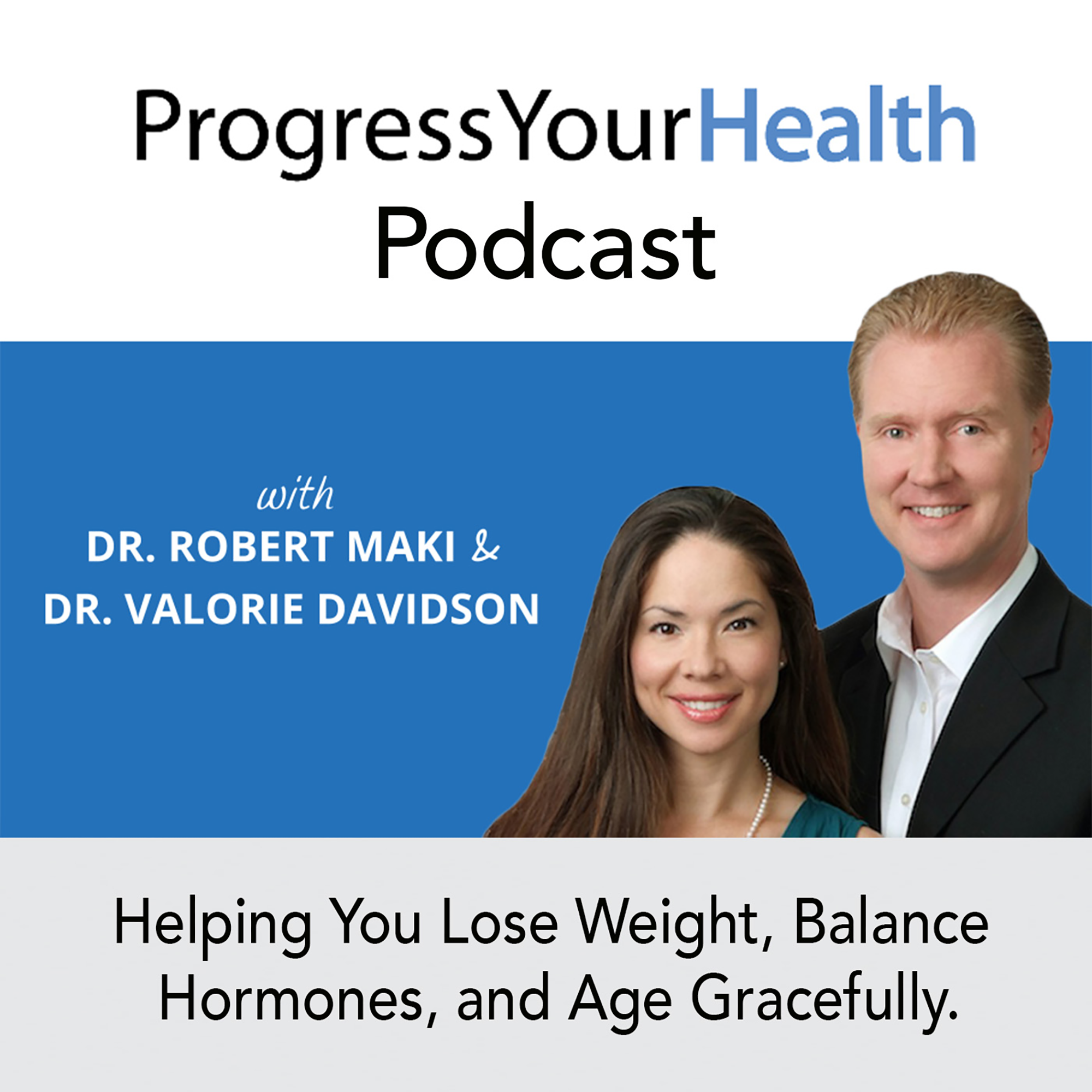What Hormone Tests Should I Get? | PYHP 122

b'\\u2018Doc, I really don't feel like myself. I think it's my hormones. Could it be my hormones? Can you test my hormones?'\\xa0\\nHow many times have I heard new clients tell me this story? They go to see their GP, Gyno, or Internist, asking to have their hormones tested. Only to be told that there is no testing for hormones. Or that it's not necessary to test hormones. Only to leave feeling dismissed, with no answers to why they do not feel well.\\nWhile I understand that your GP, Gynocologist, and Primary Care Physician are not the jack of all trades,\\u2019 there are many tests for hormones. There are blood tests, urinary testing, and even saliva testing. The more difficult part of hormone testing is the interpretation. The basic lab values assigned by the labs are very vast, and without experience and training, it can be quite difficult to determine if there is a hormone imbalance.\\xa0\\nIf you are feeling like you have a hormone imbalance or having symptoms concerning your hormones, below is a list of common hormones to be tested and why. Because blood lab testing is so popular, I am going to stick to blood testing. Later we will have more labs and interpretations for urine and saliva.\\xa0\\nTo start, blood testing is just a look at one moment in time with respect to your hormone levels. In a menstruating woman, her hormone levels are changing every day. But in a menopausal woman where the ovarian function has ceased, her hormone levels are going to be pretty level day to day. So in a female that is still having her period, I like to try and aim for getting the blood drawn around day 12 and/or day 21. In a 28-day cycle, the estrogen will surge around day 12, and the progesterone will surge on day 21. This can give us better insight into her levels of progesterone and estrogen. In a menopausal woman that has not had a period or has sporadic periods with common menopausal symptoms, I will have her draw her blood any time of the month.\\xa0\\nFSH and LH:\\nFSH stands for follicle-stimulating hormone, and LH stands for luteinizing hormone. These are not actually hormones. They are stimulating hormones.' Meaning both the FSH and LH are released from the pituitary gland (in your brain) in response to estrogen and progesterone production. The FSH and LH work in what is called a negative feedback loop.\\u2019 Meaning if the levels of estrogen and progesterone are high, then the FSH and LH are low. In turn, if the estrogen and progesterone levels are low, then the FSH and LH are high. It is like when you want your husband to take out the garbage. If he doesn't, you might raise your voice until he does. It is the same with all stimulating hormones. If the ovarian production of hormones is low, as in menopause or perimenopause, the FSH and LH levels will look high.\\xa0\\nEstradiol and Progesterone:\\nAlways test estradiol to get specific results for estrogen levels. Estradiol is much more specific for estrogen levels than simple total estrogens. Ideally, in a menstruating woman having the blood test around day 21 will give you insight if that woman is ovulating. It will so give you insight if there is progesteron'